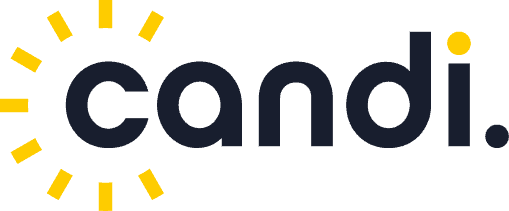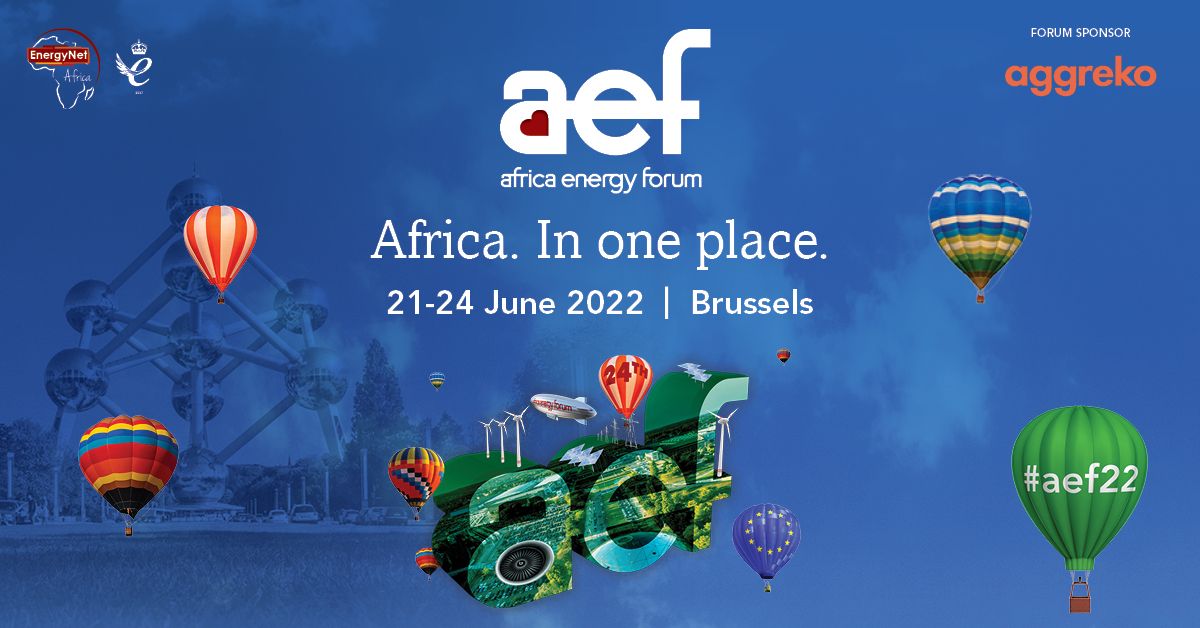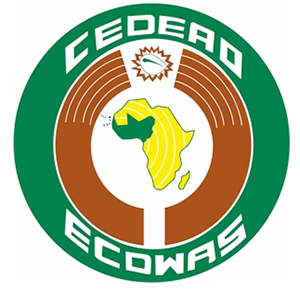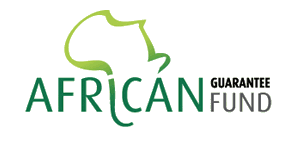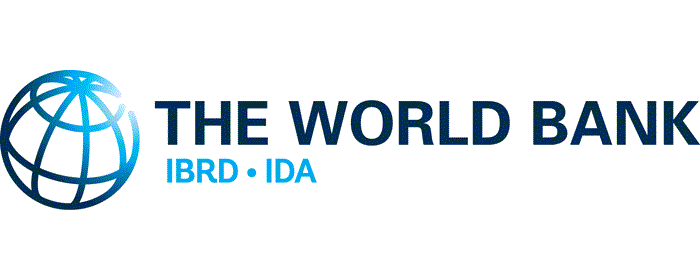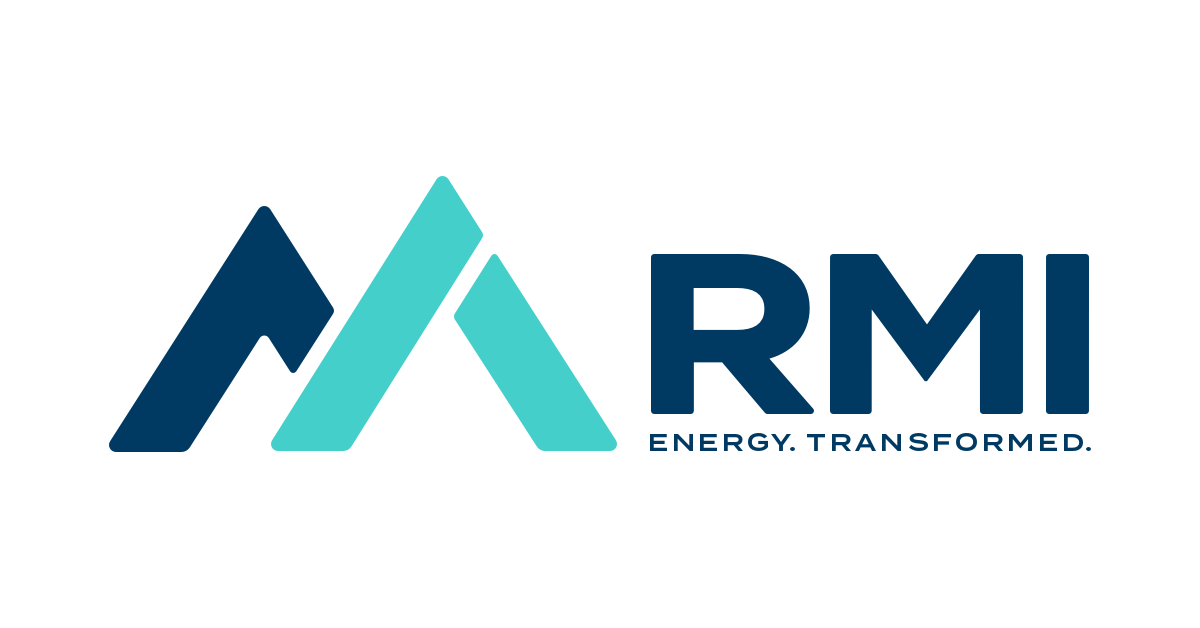- With a total contract value of $650,000, initial orders totaling $425,000 were shipped in Q4 2021.
3 February 2022: Clear Blue Technologies International Inc. (“Clear Blue” and the “Company”) (TSXV: CBLU), today announces that YahClick, the leading satellite broadband service provider, has selected Clear Blue as its preferred Smart Off-Grid, solar power system provider for large deployments of its telecommunication customer sites across Africa. Initial orders worth $425,000 in revenue, from two YahClick customers, across 44 sites commenced shipping in Q4 2021. Follow-on shipments for these and other YahClick customers are expected throughout 2022, beginning in Q1.
As a global Tier 1 satellite service provider, YahClick continues to strengthen its presence as a market leader in bringing connectivity across Africa. Initial installations under this partnership will begin in early 2022 for sites in Nigeria and Zambia, with an estimated target of close to 1,000 sites to be installed over the next 12 to 24 months. “Our partnership with Clear Blue delivers clean off-grid power to enable our proven, high speed, reliable, and affordable broadband connectivity for Africa’s leading network providers of choice,” said Farhad Khan, CEO of YahClick.
Initial system sales are expected to generate gross margins in line with the Company’s historical average. These orders were not included in Clear Blue’s Q3 bookings of $2.9 million but are expected to be included in Q4 2021 results. The initial orders across 44 sites totaling $425,000 in revenue are expected to have an estimated $225,000 of additional ongoing revenue, representing a total estimated 5-year lifetime contract value of $650,000.
Miriam Tuerk, Cofounder & CEO of Clear Blue, noted, “YahClick is a leader in broadband and satellite services across Africa. We are thrilled to be their partner as they roll out their customer networks across Africa. And this is only the beginning of Clear Blue’s role in bringing wireless power management solutions to unserved and underserved populations.”
With well over a billion people unconnected in Africa, the economic need to provide telecommunication services to underserved populations remains a key driver across the continent. Mordor Intelligence indicates that to meet the growing telecom demand for services globally, over US$4.47 billion in spending on powering telecom tower rollouts will occur in 2022, growing to US$5.25 billion in 2025, a 3.25% CAGR.
###
About YahClick: YahClick (powered by Hughes) provides commercial Ka-band satellite broadband solutions to unserved and underserved communities across the Middle East, Africa, Central and Southwest Asia. YahClick aims to unlock the socio-economic potential of the communities it serves by bringing the benefits of digital inclusion through its cost-effective and high-performance broadband solutions. Delivered through the High Throughput Satellites (HTS), the service uses the efficiencies provided by the reusable ka-band satellite frequency and is powered by multi-spot beam technology to make satellite broadband affordable and dependable in areas where there is limited to no terrestrial infrastructure.
YahClick is a joint venture between the UAE-based Al Yah Satellite Communications Company PJSC, which is a public company listed on the Abu Dhabi Securities Exchange (ADX) and a subsidiary of Mubadala Investment Company, and Hughes Network Systems, a subsidiary of EchoStar Corporation. For more information, visit: www.YahClick.com.
About Clear Blue Technologies International: Clear Blue Technologies International, the Smart Off-Grid™ company, was founded on a vision of delivering clean, managed, “wireless power” to meet the global need for reliable, low-cost, solar and hybrid power for lighting, telecom, security, Internet of Things devices, and other mission-critical systems. Today, Clear Blue has thousands of systems under management across 37 countries, including the U.S. and Canada. (TSXV: CBLU) (FRA: 0YA) (OTCQB: CBUTF)








